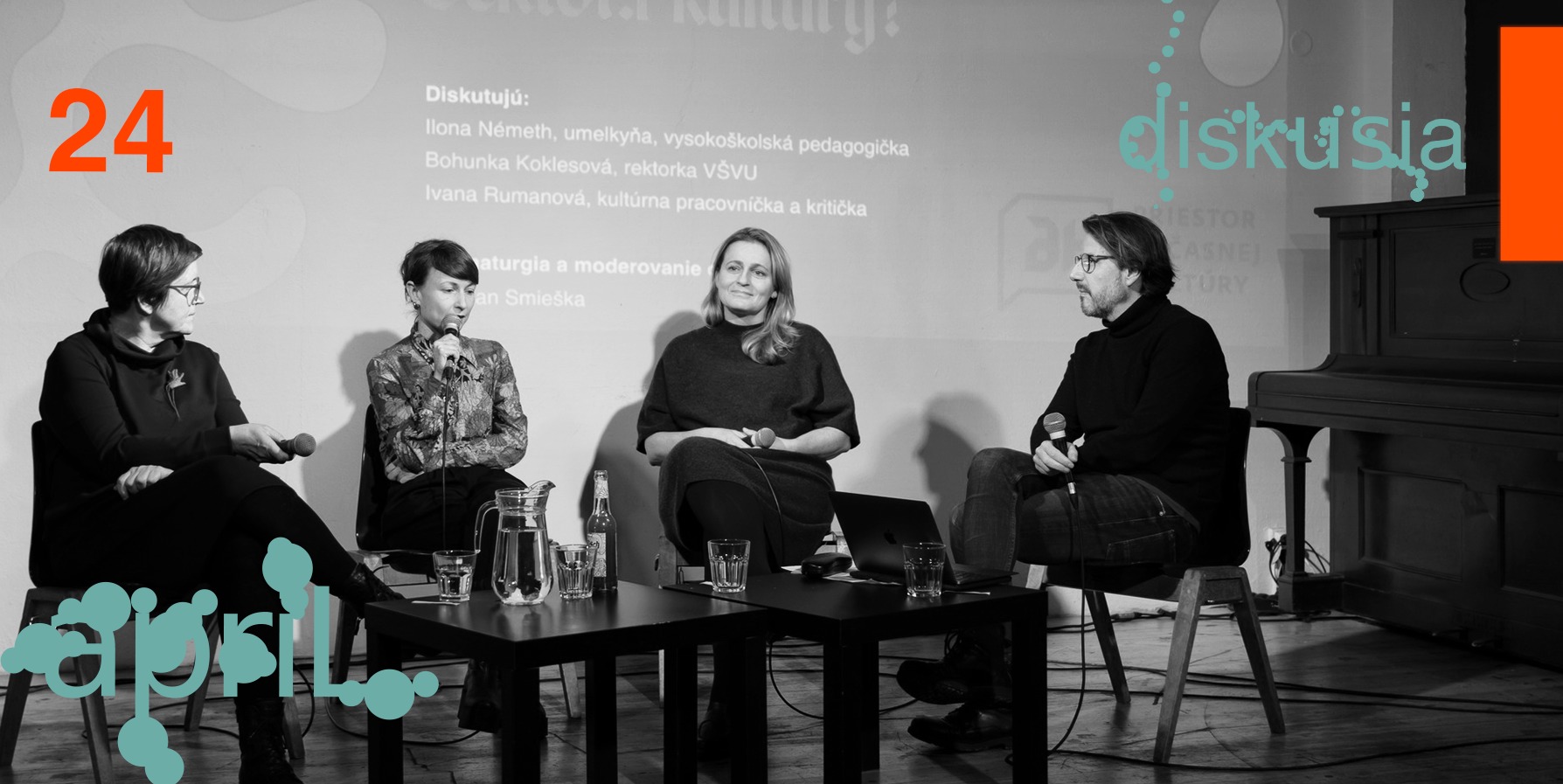24
Debata_A4: Is RTVS heading towards its end?
entry: pay what you can

Since autumn, the Prime Minister and the SNS chairman have been openly talking about the necessity to change the situation in the public broadcaster RTVS.
On 11 March 2024, the Ministry of Culture submitted a draft law on Slovak Television and Radio to the inter-ministerial comment procedure. According to the draft, a public institution, Slovak Television and Radio, is to be established to replace the current RTVS.
The National Council will no longer elect the Director General of the public broadcaster, but the newly established Council of Slovak Television and Radio, three of whose members will be nominated directly by the Ministry of Culture and the fourth one by the Parliament.
The law also introduces a new institution of the Slovak Television and Radio Program Council, which will supervise the broadcasted programs. This body is to have 11 members, nine of whom will be elected and recalled by Parliament. Two members of the Council will be elected by the staff of Slovak Television and Radio, one for television broadcasting and one for radio broadcasting.
A total of 327 comments were sent to the draft law, of which 42 were collective comments.
- What specific shortcomings in the current functioning of RTVS, or what other reasons led to the decision on the need for change and the establishment of a new public institution?
- What measures does the Ministry of Culture propose in the field of public service media? Whose needs do these measures meet?
- What are the main differences between the current structure and functioning of RTVS and the proposed new institution of Slovak Television and Radio and what is the expected impact of these changes on the quality of public service media?
- How will the independence of the newly established Council of Slovak Television and Radio and the Program Council of Slovak Television and Radio be ensured in relation to the way their membership is elected?
- What would be the financial and organizational implications of changing the structure of public service media under the proposed law and how will these implications affect their functioning and independence?
- How does the expert public assess the proposed Slovak Television and Radio Act in terms of its compliance with European standards for the protection of the independence of public service media and media freedom?
- Why does democracy need independent public service media?
Participants in the discussion:
- Silvia Hroncová – theater scholar, cultural manager, former Minister of Culture
- Ivan Godársky – media analyst, MEMO 98
Dramaturgy and moderation of the debate: Bohdan Smieška
This discussion is in Slovak.
Financially supported by the Slovak Art Council.
entry: pay what you can